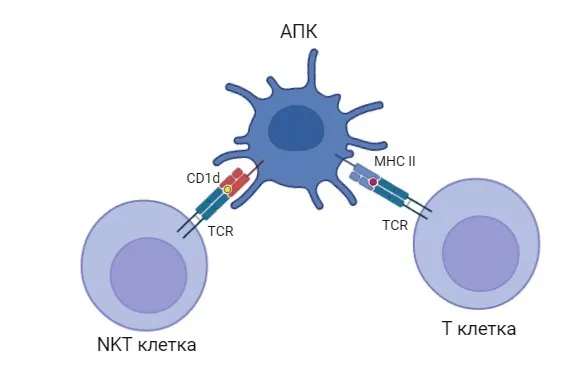
Is the New COVID Variant XEC Set to Take Over This Fall? Here’s What You Need to Know!
2024-09-18
Introduction
As the fall approaches, a new COVID-19 variant known as XEC is raising eyebrows among experts, who suggest it could become the dominant strain in circulation. However, the good news is that it is unlikely to change the current landscape of symptoms or vaccine efficacy significantly.
Current Situation
Currently, the Centers for Disease Control and Prevention (CDC) has not reported enough cases of XEC in the United States to analyze its spread fully. Recent estimates indicate that other variants, specifically KP.3.1.1 and KP.2.3, are leading with 52.7% and 12.2% of cases as of September 14. There are signs that XEC has started to make its mark, accounting for about 1.11% of cases in the U.S. as of September 15, based on data from GISAID, with around 48 sequences logged.
Origin and Spread
XEC was initially identified in Germany back in June and has predominantly circulated in Central Europe, claiming about 10% of the region's cases, as per the U.K.'s Science Media Centre.
Expert Insights
Francois Balloux, PhD, a leading computational biologist at University College London, explains that XEC represents a minor evolution in the ongoing diversity of the SARS-CoV-2 virus. Unlike previous variants such as Alpha, Delta, and Omicron, which were classified with Greek letters due to their significant mutations, XEC does not pose a drastic change.
Amesh Adalja, MD, from the Johns Hopkins Center for Health Security, notes that while XEC may have a slight edge in transmission due to its immune evasion capabilities, current vaccines should continue to provide robust protection against severe illness. "It’s just another reiteration of what we've witnessed before with other variants," he remarked.
Vaccine Effectiveness
Updated vaccines targeting specific strains like KP.2 from Pfizer-BioNTech and Moderna, along with Novavax's JN.1 vaccine, are still effective against severe outcomes from infections. Experts suggest that as XEC potentially climbs the ranks of circulating variants, it may slightly decrease the efficacy of vaccines against infection, but serious disease and hospitalization protection should remain intact.
Future Considerations
Despite this reassuring prospect, Adalja urged that the ongoing mutations of the virus highlight an urgent need for the development of new vaccine strategies. "The virus is continuously mutating to optimize its infection capabilities," he stated. He advocates for a universal COVID vaccine or innovative delivery methods, such as nasal vaccines, which focus on mucosal immunity to tackle this ever-evolving threat.
Conclusion
As the situation develops, it's crucial for both public health authorities and individuals to stay informed and prepared for any changes that may arise this fall with the emergence of variant XEC. Stay tuned and protect yourselves—a robust response in the form of vaccinations remains our best defense against COVID-19!




 Brasil (PT)
Brasil (PT)
 Canada (EN)
Canada (EN)
 Chile (ES)
Chile (ES)
 España (ES)
España (ES)
 France (FR)
France (FR)
 Hong Kong (EN)
Hong Kong (EN)
 Italia (IT)
Italia (IT)
 日本 (JA)
日本 (JA)
 Magyarország (HU)
Magyarország (HU)
 Norge (NO)
Norge (NO)
 Polska (PL)
Polska (PL)
 Schweiz (DE)
Schweiz (DE)
 Singapore (EN)
Singapore (EN)
 Sverige (SV)
Sverige (SV)
 Suomi (FI)
Suomi (FI)
 Türkiye (TR)
Türkiye (TR)